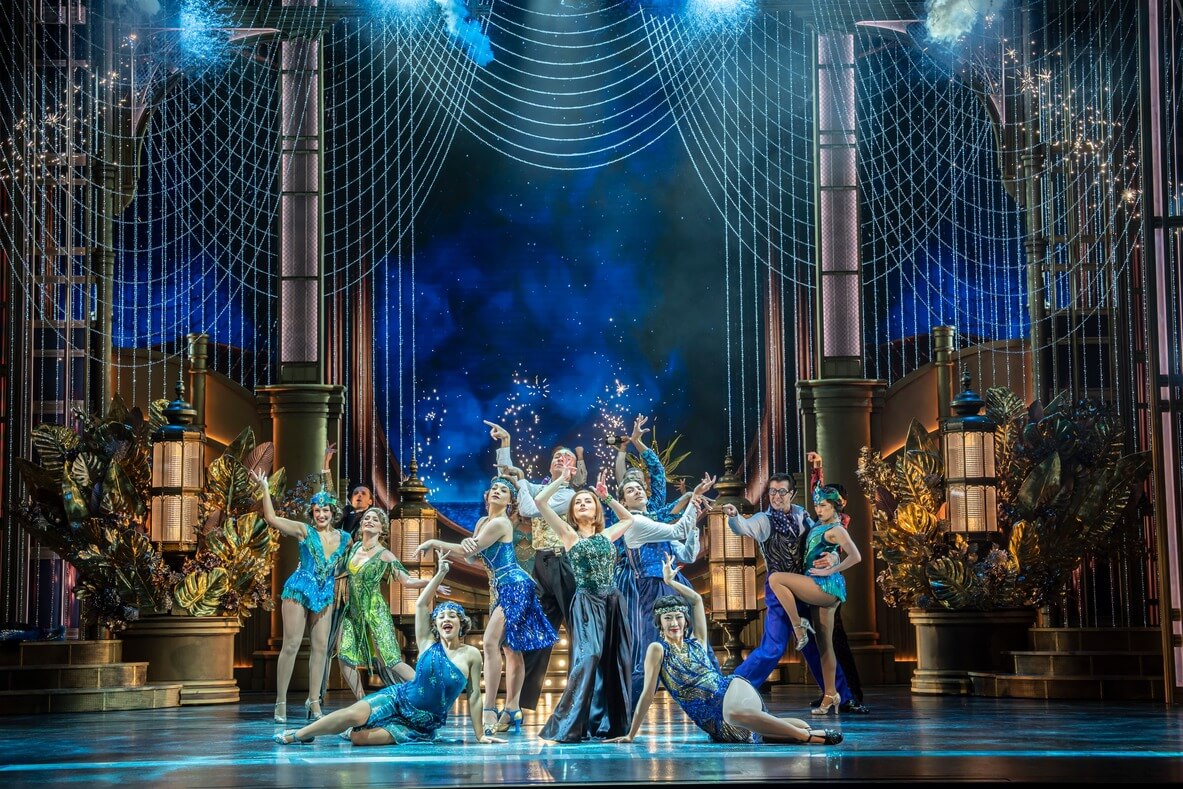The play, written by the Spanish writer Federico Garcia Lorca in the 1930s, shows a young woman who, after three years of marriage, is desperately yearning to have a baby.
Yerma’s obsession with having a child, is fuelled by a society which tolerates the existence of women only if they fulfill their role as mothers. Since in our liberal society we don't patronize, pity or judge women with no children it does require a leap of imagination to understand the social context of this period piece.
But, although the play is fuelled by out-dated social criticism, it also explores much that is personal and pertinent to us all, notably the permanent damage caused by suppressing one's own nature.
Yerma (Leila Demilola) comes from a hard-working and honourable family. She knows all about motherhood and believes a good mother is the one who sacrifices herself to bring up children.
Yerma dutifully married Juan (Tom Whitelock), suppressing her sexual desire for Victor (Jazz Brown). One of the village wise women suggests that this is the reason she can not conceive a child. Maybe thus reflects Lorca’s guilt about his homosexuality and frustrated attempts to fit into a society that denied his sexuality.
“I want to drink water but there's neither water nor glass” The power of the poetic language is honoured by each of the actors who are really detailed in painting the images of this iconic play. Some of it is told in the form of delicate songs that soothe the rawness of some of the scenes.
Leila Demilola as Yerma is exceptional, powerfully portraying the strength and resilience of a character that slowly cracks like dry soil, forgotten and left to waste.

 Leila Damilola in Yerma. Picture by Elena Molina.
Leila Damilola in Yerma. Picture by Elena Molina.



 Smoking Apples Theatre shares their newest creation, Flux, with audiences at Shoreditch Town Hall. It is the first production from the devising theatre company that has a central female protagonist.
Smoking Apples Theatre shares their newest creation, Flux, with audiences at Shoreditch Town Hall. It is the first production from the devising theatre company that has a central female protagonist.